While the Trump administration may be taking steps to slow EV adoption you wouldn’t know by the sales numbers which, in the U.S. are rising at a double-digit rate. Worldwide, demand is growing even more rapidly, with battery-electric models expected to account for more than one in four of the vehicles sold worldwide this year.
Worldwide EV sales continue to grow at a rapid rate, even as some manufacturers pare back their rollout plans, according to a new report.
Battery-electric vehicles are expected to top 25% of total global automotive sales this year, according to the International Energy Agency, and the IEA’s Global EV Outlook 2025 anticipates EVs will top 40% of worldwide demand by 2040.
“Our data shows that, despite significant uncertainties, electric cars remain on a strong growth trajectory globally,” said IEA Executive Director Fatih Birol. Key to the accelerated growth, she added is that EVs are “becom(ing) increasingly affordable.”
Demand varies widely by market
Demand varies widely by market, noted the IEA. Some third-world regions, such as Africa and South America, are lagging the global growth rate. That said, demand in some regions has begun taking off. In emerging Asian and Latin American markets, sales surged 60% in 2024, to almost 600,000.
In the United States. The growth rate for EVs has slowed sharply since 2023, when demand increased 40%. Battery-only models fell just short of reaching 10% of the overall new vehicle market last year. But, at the current, 10% growth rate, sales still are outpacing overall vehicle demand this year and should top that double-digit milestone in 2025, according to the IEA and other analysts. Whether that growth rate will continue is uncertain, however, as President Donald Trump is moving to pare back the expansion of the U.S. EV charging network and has threatened to end federal tax credits for buyers.
The European market has been much faster to adopt EVs, regional data show, with battery-electric models now accounting for one in five new vehicles. But the EU appears to be plateauing, according to the IEA report. One reason is the cutback in EV subsidies. Germany, for example, dropped a 4,500 euro incentive at the end of 2023. France has since pared back, as well.
China in the lead
Far and away, China is the strongest market for EVs, buoyed in part by the country’s New Energy Vehicle program. NEV includes certain plug-in hybrids, but nearly half of all vehicles sold in the country in 2024 were pure EV, about 11 million in all, noted the IEA.
China also eliminated some EV subsidies in 2022 but others remain in place. Buyers are exempt from the 10% tax that applies to buyers of gas models, for example.
What has also helped the Chinese market is the emergence of new EV-only brands, even as others, such as Geely and BYD, expand their all-electric offerings. The Chinese domestic manufacturers have also targeted more affordable segments of the market, some EVs coming in at under $10,000.
More EV News
- New GM Battery Chemistry Set to Slash Costs
- Toyota Debuts Second-Generation bZ Battery-Electric CUV
- Newer, Cheaper Tesla Model Y Debuts
China drives the global market
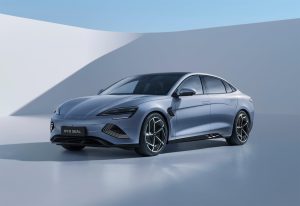
Chinese products, like the BYD Seal, have gained traction in many export markets, including Europe and Mexico.
Low-cost Chinese EVs have become a major factor in the growth of demand around the world. BYD has become one of the largest automotive brands in Mexico, for example, with products like the Seal pickup which starts there at less than $20,000.
All told, about one in five EVs sold around the world last year were imported. China was one of the dominant players, exporting 1.25 million battery-electric vehicles in 2024, noted the IEA.
But that has led to pushback. Former U.S. President Joe Biden increased tariffs on Chinese-made EVs to 100% during his final year in office, effectively shutting down demand. The European Union has now taken steps of its own to reduce Chinese auto imports, EVs in particular.
Automakers, regulators pull back
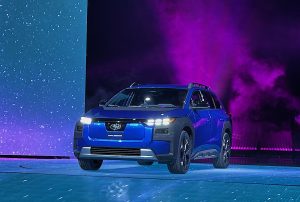
Subaru rolled out the new Trailseeker EV at the NY Auto Show. But its CEO plans to slow the brand’s EV rollout.
Even as the Trump administration pulls back on Biden-era programs meant to encourage EV sales, other governments are rethinking their own plans. Along with incentive cuts in Germany and France, EU regulators are rethinking timetables for EV adoption. So are officials in Great Britain which had laid out plans to go entirely electric within the coming decade.
A number of manufacturers are also rethinking EV plans. Subaru CEO Atsushi Osaki said this week the automaker will slow the pace of its EV rollout, following several other Japanese manufacturers, including Nissan.
Several European marques are pulling back on earlier targets of going 100% electric by around 2030. In the U.S., Ford has scrapped several EV programs as it focuses its attention on more affordable product segments. And General Motors now plans to bring out some plug-in hybrids over the next few years after originally committing to an EV-only approach to electrification.

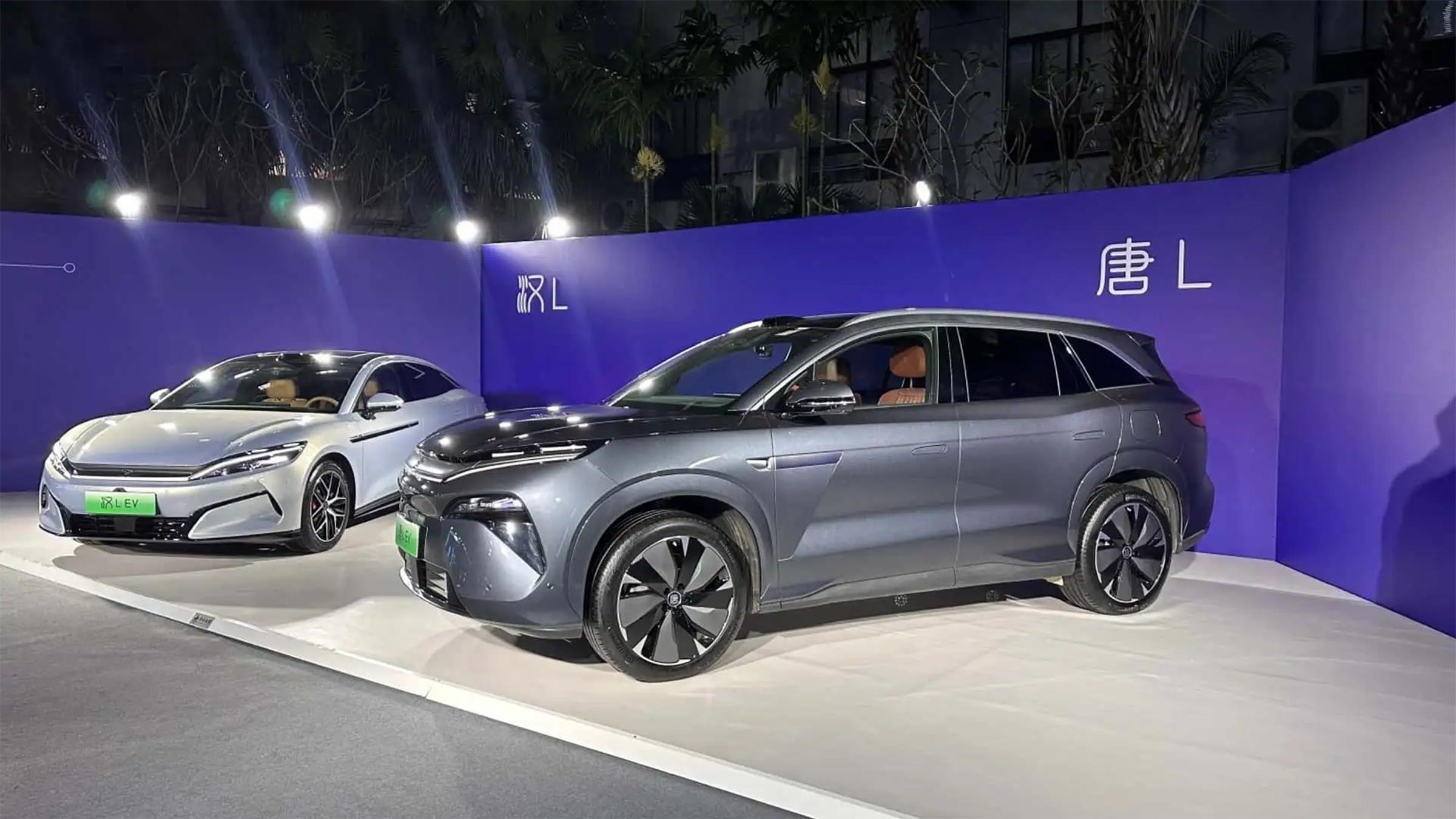
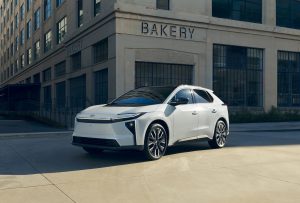
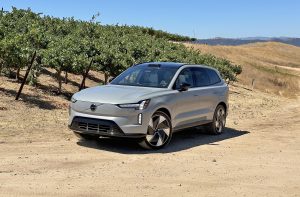
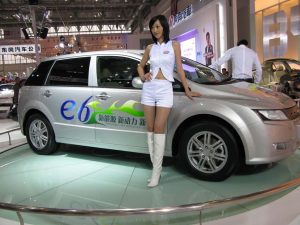
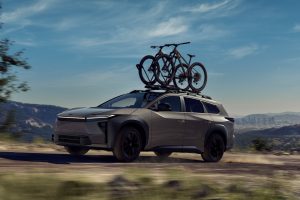
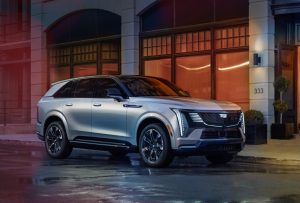
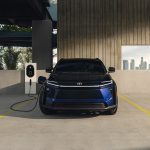
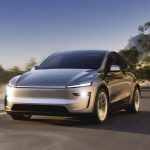
0 Comments